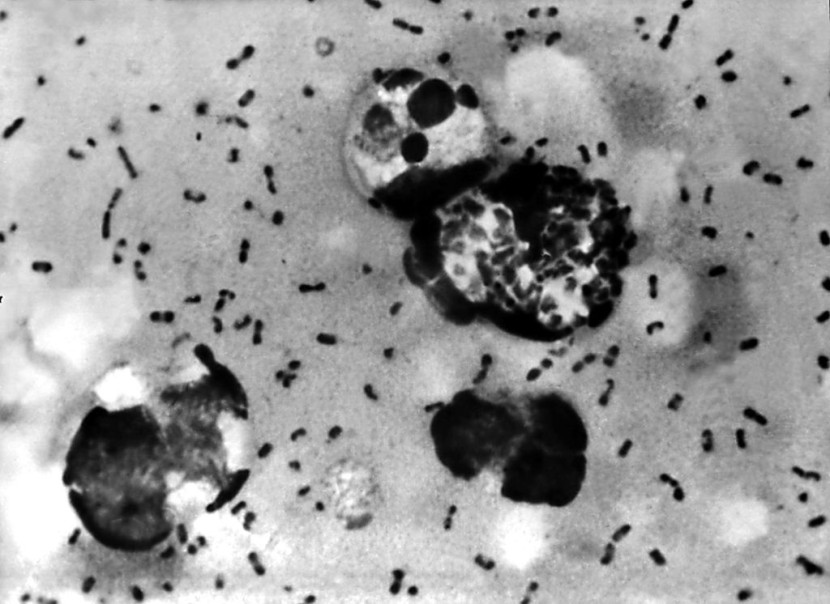The first bubonic plague case in Oregon in eight years was confirmed by public health officials this February. They said that this is the first time that an individual has been infected in the state since 2015.

The Deschutes County Health Services said on Wednesday, Feb. 7, that the patient was likely infected because hos his pet cat, which is symptomatic.
Deschutes County Health Officer Dr. Richard Fawcett said that they were able to contact all individuals who made close contact with the patient and his cat.
He also reassured that these people were given medication to prevent the illness.
First Bubonic Plague Infection in Oregon in 8 Years is Blamed on Victim's Pet Cat!
The Deschutes Couth Health Services confirmed that the case was treated in its early stages. Thanks to the efforts of local health officials, the case poses only little risk to the community.
According to ABC News' latest report, the bubonic plague could be life-threatening if it isn't diagnosed during its early stages. This is because the infection can lead to lung and bloodstream infections.
"If not diagnosed early, bubonic plague can progress to septicemic plague (bloodstream infection) and/or pneumonic plague (lung infection)," said the Deschutes County Health Services via its official announcement.
"These forms of plague are more severe and difficult to treat," added the county.
As of writing, no additional bubonic plague cases were recorded during the communicable disease investigation. Officials will likely share details if other people start getting infected.
Read also: UK Measles Outbreak: UKHSA Declares National Health Incident as Cases Surge! What Should Parents Do?
How To Avoid Bubonic Plague Infection

Bubonic plague is a deadly infection that killed more than a third of Europe's population in the 14th century. But, with the advances in health treatments and medical technologies, it is now a different threat.
"It's the same thing that caused the Black Death, but that was in the pre-antibiotic era. Now it's very easily treated with simple antibiotics," said David Wagner of Northern Arizona University.
If you are still worried about getting infected by the bubonic plague, here's what you can do to avoid it:
- Discourage your pets from hunting rodents since they can easily get infected. If your beloved feline is used to hunting, it would be best to avoid getting scratched.
- Avoid all contact with rodents and their fleas. Never touch sick, injured, or dead rodents.
- Do not camp, sleep, or rest near animal burrows or areas where dead rodents are observed.
- Wear long pants tucked into boot tops to reduce exposure to fleas.
- Remove anything (ex. food and woodpiles) that can attract rodents and other animals that have fleas.








